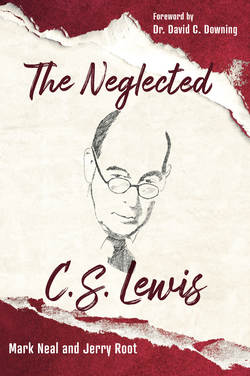Читать книгу The Neglected C. S. Lewis - Mark Neal - Страница 21
На сайте Литреса книга снята с продажи.
1. TO DESCRIBE EMOTION IS TO HAVE GOTTEN BEYOND THE EMOTION
ОглавлениеLewis begins to make his case, citing reasons why a text does not provide access to the state of the author’s mind when he wrote it. For instance, when an author describes a state of emotion, is the author in that state, or removed from such a state and now considering that state of mind by recollection? Lewis would later develop these ideas in his essay “Meditation in a Toolshed”46 and in Surprised by Joy where he comments about Samuel Alexander’s Space, Time, and Deity.47 He makes the distinction between “enjoying” or experiencing and “contemplating” or thinking about. Here in The Personal Heresy we have perhaps the earliest expression of Lewis’s use of this distinction. “The character presented is that of a man in the grip of this emotion: the real poet is a man who has already escaped from that emotion sufficiently to see it objectively.”48 Therefore, the emotion does not express the state of the author’s mind as he writes.
